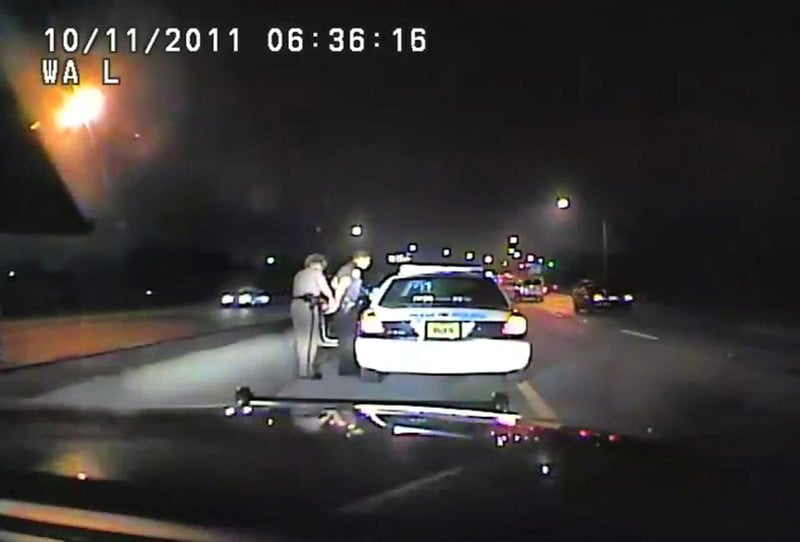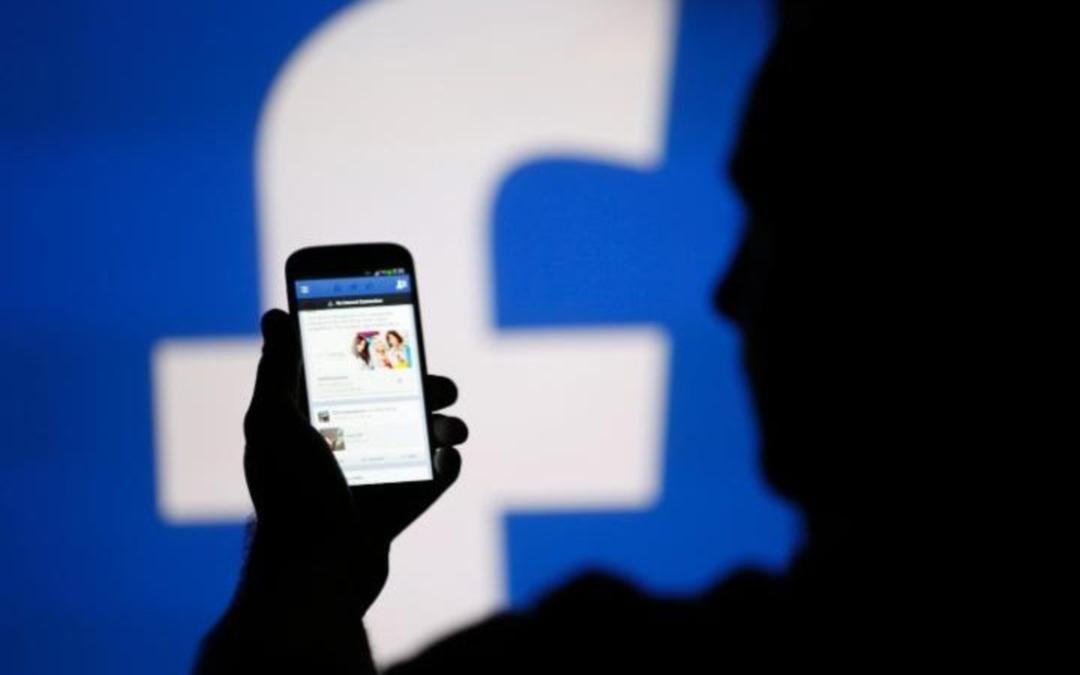Cop Watchers (2016)
Groups of citizens wielding cameras take to the streets of New York to document the systemic police brutality and racism facing the public. The cops hate it and so they push back hard. This is how police accountability plays out in the real world. Take heed.



